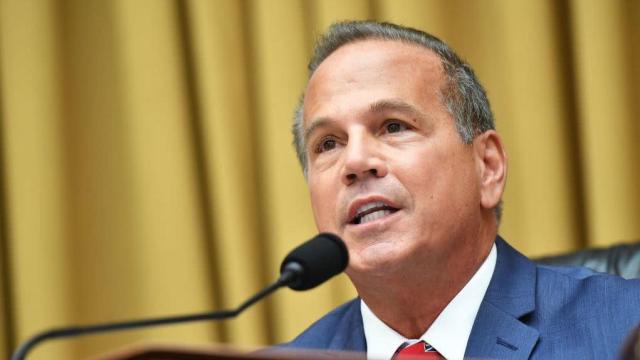Just as you suspected, Big Tech is dominated by monopolies, a U.S. House Judiciary antitrust subcommittee found.
After more than a year of investigating Apple, Facebook, Google, and Amazon’s behaviour, lawmakers released a 449-page report with their findings on Tuesday, complete with recommendations that the four companies be broken up to make the market more competitive.
The committee found that each company dominated its respective markets — Facebook in social networking, Google in general online search and search advertising, Amazon in online retail, and Apple in mobile operating systems — to such an extent as to be anticompetitive. The companies “abuse their power by charging exorbitant fees, imposing oppressive contract terms, and extracting valuable data from the people who rely on them,” the Democratic-led committee’s report outlined.
The report goes on to eviscerate the four companies: “To put it simply, companies that once were scrappy, underdog startups that challenged the status quo have become the kinds of monopolies we last saw in the era of oil barons and railroad tycoons. Although these firms have delivered clear benefits to society, the dominance of Amazon, Apple, Facebook, and Google has come at a price. These firms typically run the marketplace while also competing in it — a position that enables them to write one set of rules for others, while they play by another, or to engage in a form of their own private quasi regulation that is unaccountable to anyone but themselves.”
Not only do those companies acquire smaller ones, either to hire their talent or to kill or incorporate their products, but their mere existence chills potential investment to start-ups that may be considered competitive, the committee found.
The committee also noted that Big Tech’s acquisitions haven’t been closely vetted by regulators. For example, Facebook has snatched up nearly 100 smaller companies over the years, and just one, its deal to acquire Instagram in 2012, received scrutiny from the U.S. Federal Trade Commission.
That lack of oversight, according to the findings, has degraded the user experience in many cases because tech companies don’t have any competition to do better — particularly when it comes to privacy.
“In the absence of adequate privacy guardrails in the United States, the persistent collection and misuse of consumer data is an indicator of market power online,” the committee noted. “Online platforms rarely charge consumers a monetary price — products appear to be ‘free’ but are monetised through people’s attention or with their data. In the absence of genuine competitive threats, dominant firms offer fewer privacy protections than they otherwise would, and the quality of these services has deteriorated over time. As a result, consumers are forced to either use a service with poor privacy safeguards or forego the service altogether.”
In addition to recommending that the companies effectively be broken up, the committee recommended that antitrust laws and federal antitrust agencies be restored “to full strength.” Specifically, the committee advised that strengthening Section 7 of the Clayton Act and Section 2 of the Sherman Act would go a long way toward giving antitrust legislation more teeth.
Of course, the Big Four aren’t going to take this lying down. Amazon released a lengthy statement in which it argued that being a big company doesn’t necessarily make it an anticompetitive one, and that it comprises just 4% of the U.S. retail market. (Frankly, I am not at all sure how it arrived at that number — the antitrust committee pegged Amazon as controlling more than 40% of all online U.S. retail sales.) The company also argued that it helps consumers find low prices and small businesses find new markets. The committee noted that 37% of all third-party sellers on Amazon rely on the platform exclusively for income.
We’re still poring over the entire report, which is lengthy, and its recommendations, which are potentially game-changing. If the subcommittee’s recommendations are taken up by the House, it could be the most significant shake-up in tech since Microsoft was sued over its anticompetitive behaviour back in the 1990s. No Republicans signed onto the committee’s recommendations.
